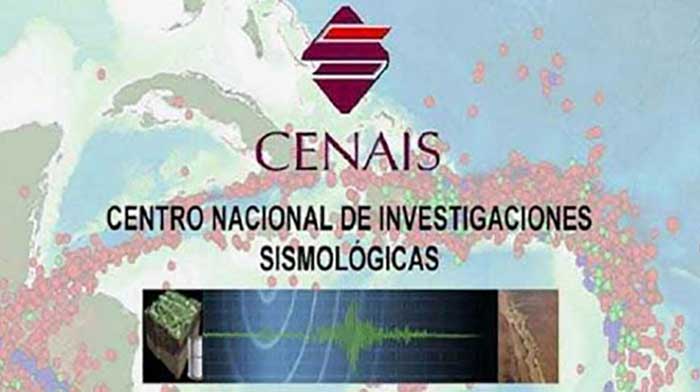Dr. Enrique Arango, deputy technical director of the institution, told Prensa Latina that the equipment was donated by the University of Toulouse, in France, with whose experts Cuban seismologists have collaborated closely.
He pointed out that these relations also include the Paris-based Institute of Physics of the Globe and the Volcanological and Seismological Observatory of Martinique, which favor breakthroughs in these fields of scientific research and application.
The GNSS-R technology takes advantage of satellite navigation signals reflected from water, ice or land surfaces and from these measurements that can result in fundamental geophysical properties from reflecting surfaces, Arango said.
He added that with the support of the German and Indonesian Tsunami Early Warning System, this research was extended with the first successful ground-based experiments and studies related to future satellite-based tsunami early warning systems.
The Cenais deputy technical director highlighted the positive impact of these research on the fulfillment of Tarea Vida (Task Life), the Cuban State’s strategy to confront climate change.
 Escambray ENGLISH EDITION
Escambray ENGLISH EDITION





Escambray reserves the right to publish comments.